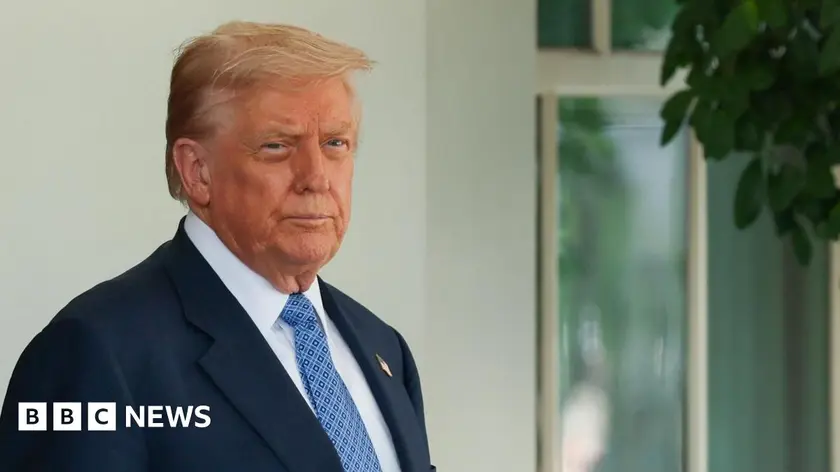T4K3.news
DC plan on homelessness and crime
Trump launches new push on crime and beautification in DC, including potential eviction measures for homeless individuals.
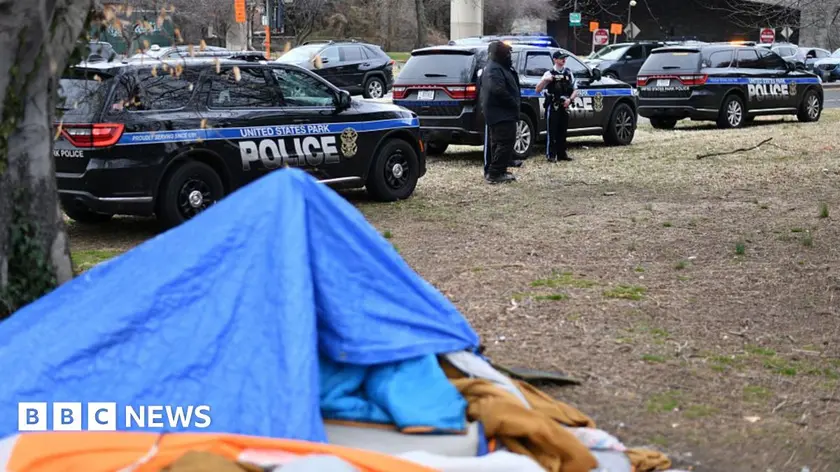
Trump elevates crime and beautification as a justification to move homeless people from key DC areas.
Trump pushes homeless eviction in Washington DC
Trump is launching a new push on crime and homelessness in Washington DC, spotlighting encampments and promising steps to remove homeless people from certain areas. He has posted photographs on social media to illustrate his concerns about safety and blight, and his team says a plan tied to crime reduction and neighborhood beautification will be announced at a press conference. Federal data show DC crime at 30-year lows, a trend that undermines the premise of a crime emergency and highlights a clash between narrative and numbers. The emphasis on appearances suggests a political strategy that aims to shift the conversation from statistics to perception.
Democrats in DC and across major cities face homelessness and crime with mixed strategies, often focusing on housing-first approaches and social services. Critics warn eviction plans could push people into unsafe shelters or street homelessness, inviting legal challenges and costly enforcement without long-term solutions. The move comes amid a broader national debate about policing, urban policy, and who bears the cost of public safety. The question for voters is whether rhetoric or results will decide the next political contest.
Key Takeaways
"Public safety cannot be built on displacement."
Editorial observation on policy tradeoffs.
"Data show crime down, yet perception hardens."
Contrast between statistics and public image.
"Voters want real solutions not bold headlines."
Comment on political strategy and voter expectations.
"Appeal to order without a plan undermines trust."
Warning about short-term rhetoric without durable policy.
The push reads as a political reset more than a detailed policy blueprint. It leans on spectacle to gain attention while deferring complex questions about housing, rights, and social services. By tying homelessness to crime, the plan risks stigmatizing vulnerable residents and muddying the line between public safety and humanitarian policy. Legal and logistical hurdles will matter once the rhetoric cools, since eviction schemes typically require cooperation with city authorities and service providers and may face court challenges.
This is part of a familiar pattern in US politics, where tough-on-crime messaging competes with progressive housing and outreach strategies. The public response will hinge on whether policymakers back up words with resources, safeguards for due process, and durable strategies that reduce street homelessness rather than simply relocate it. The plan could rally some voters but alienate others who favor humane, evidence-based solutions and long-term investment in city services.
Highlights
- Public safety cannot be built on displacement.
- Data show crime down, yet perception hardens.
- Voters want real solutions not bold headlines.
- Appeal to order without a plan undermines trust.
Homeless eviction plan risks backlash and political sensitivity
The proposal ties homelessness to crime in a high-profile way, risking public backlash, legal challenges, and budgetary scrutiny. It could provoke civil rights concerns and opposition from housing advocates, making it a politically sensitive move with potential budget and governance implications.
Policy choices in the capital will test how far rhetoric can carry real change.
Enjoyed this? Let your friends know!
Related News
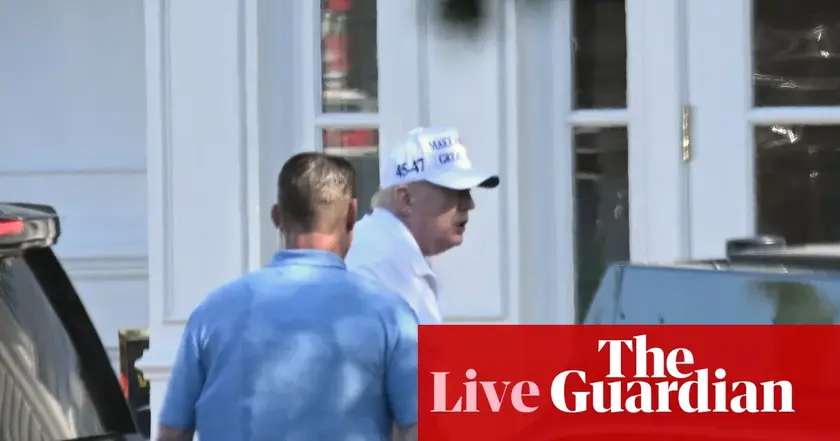
Trump orders homeless eviction in Washington DC
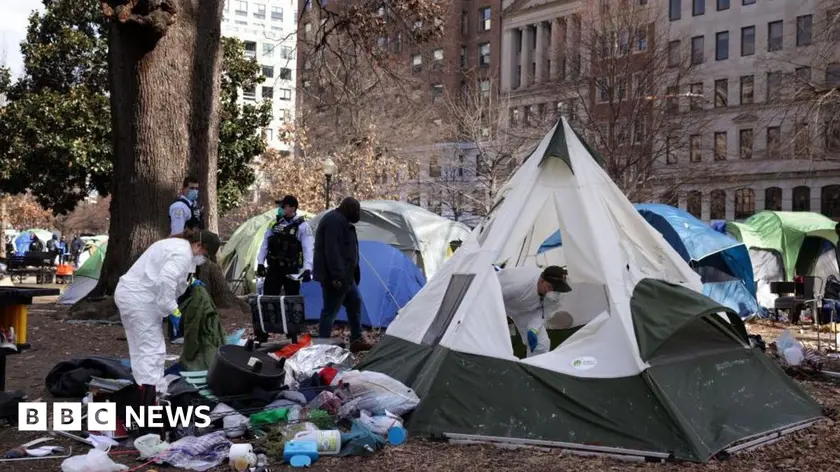
Homeless relocation plan in DC
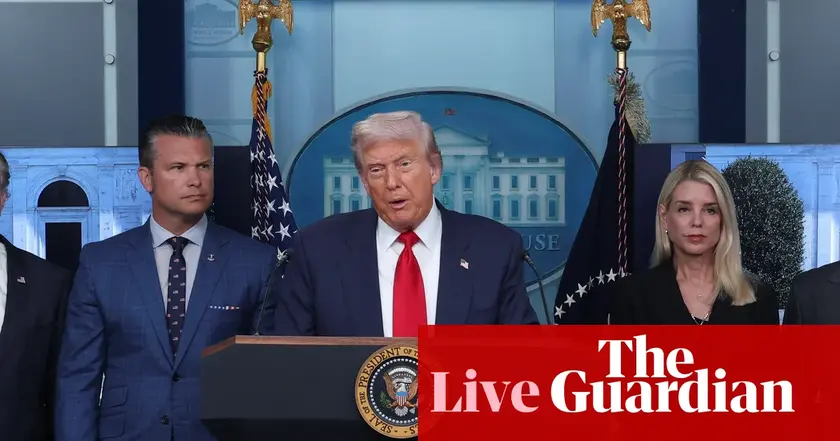
Federal policing move in DC
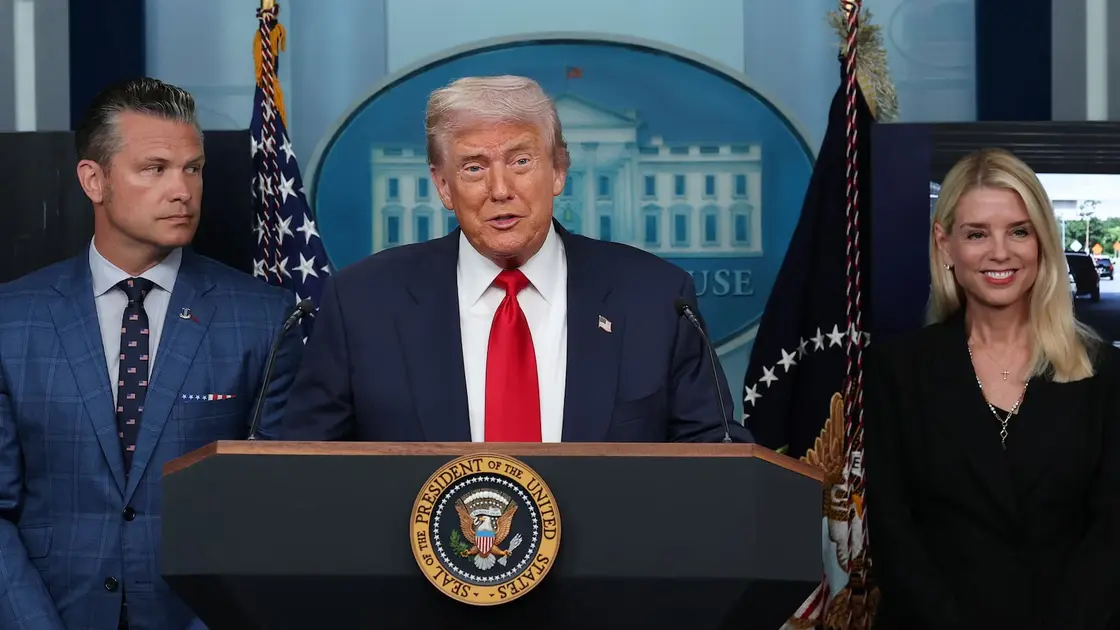
DC policing under federal control
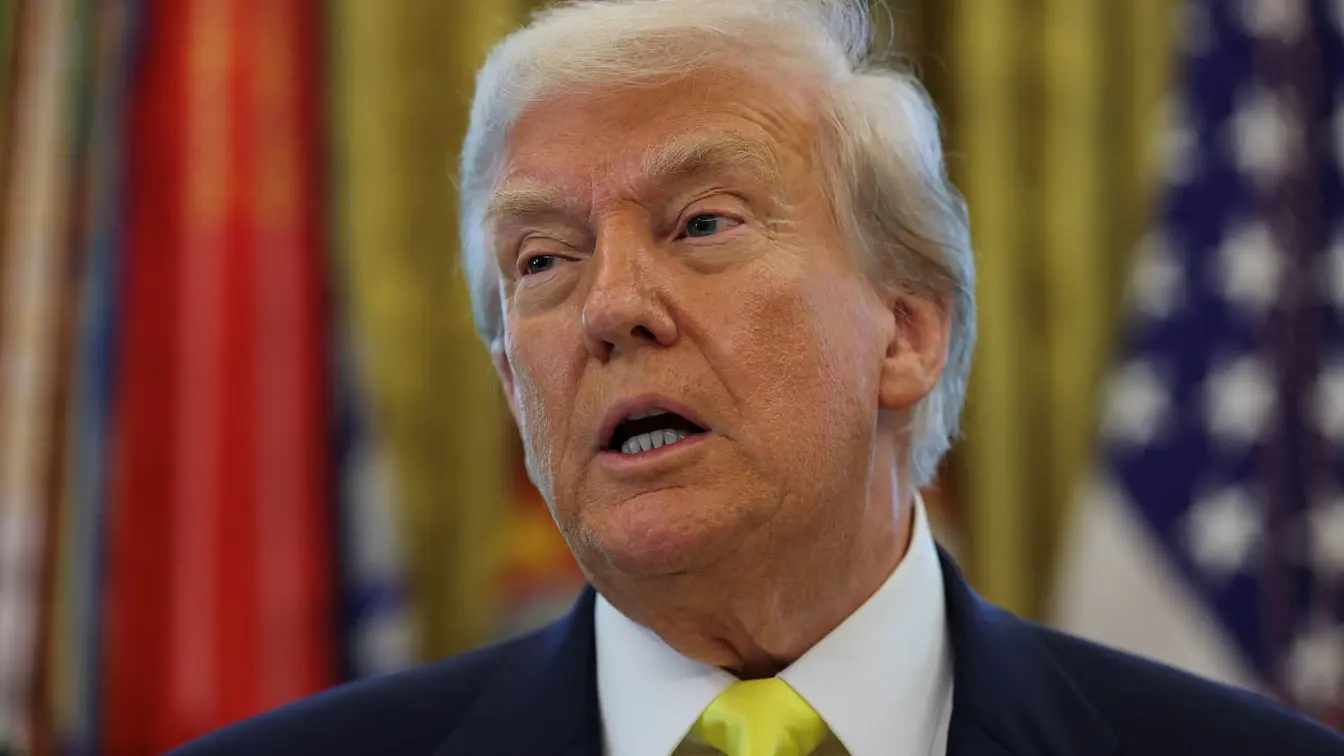
Trump warns homeless to leave DC
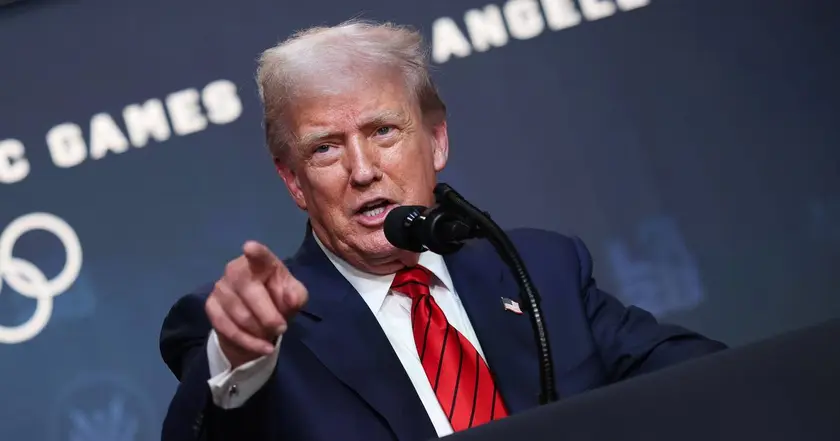
Trump attacks Krugman ahead of major DC policy move
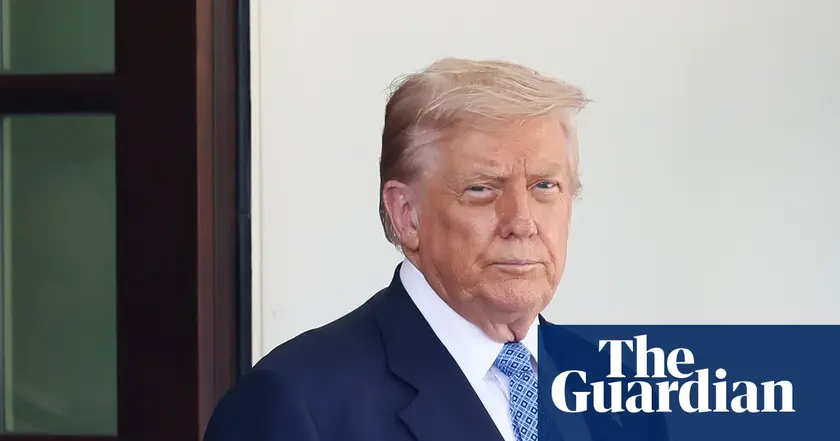
Trump pushes for DC evictions
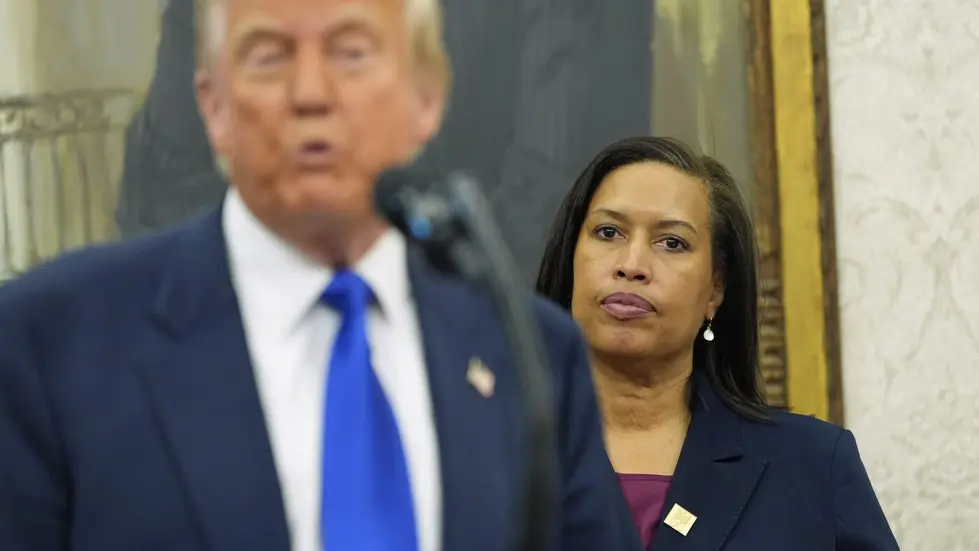
DC policing under spotlight as federal power looms
